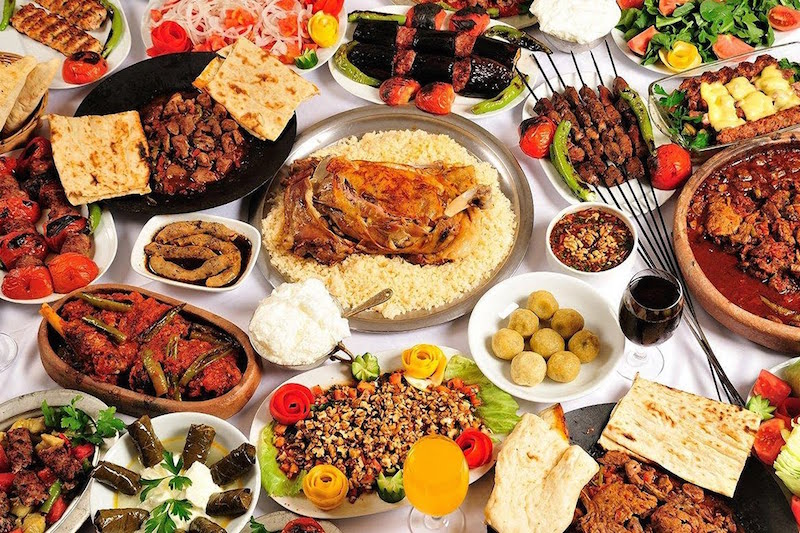No sooner has your order been taken than waiters deliver baskets of hot, sparkling flatbread, salad, and little plates of cacık (tzatziki). First-timers replenish those scrumptious complementary aspects, which is a massive mistake: The predominant publications are massive. On Harringay Green Lanes, the trick isn’t to order starters, but it’s smooth to offer into temptation.
At first look, this looks as if an unassuming stretch of north London street. Located a few miles out of the metropolis center, you’ll not often discover references to the vicinity in traveler publications. But many Mediterranean, Middle Eastern, and Turkish eating places have grown from tiny family issues into massive, stylish establishments with cuisine to rival London’s first-rate. Gökyüzü turned into at one point the second-highest-rated eating place in London on TripAdvisor, even as Selale has gained prizes on the British Kebab Awards.
At Selale, the salad is a colorful blend of tomato, cucumber, rocket, and pink cabbage, dressed with pomegranate sauce and olive oil and served with a thick slice of lemon. Then come the main publications: a hearty part of moussaka, a ship-fashioned pide, a lamb beyti cut into slices and served like a flower around bitter yogurt sauce and grilled peppers. Accompany it with bitter Pahalgam (Turkish fermented purple carrot juice) and ayran.
We wonder if you may consume a lot of bread that they stopped bringing it. At ordinary intervals, servers whisk the bread baskets away to fill them up. We wonder if you can devour a lot of bread that they stopped bringing it. “Do you … do you suspect absolutely everyone’s ever pushed it?” one astounded friend asks. Sabri Barack Kilic, Seale’s director, laughs when I put the question to him. “Our lifestyle is to consume bread with our meals. If not, we nonetheless experience hungry … We experience as we must, we feel like we have to look after [our guests],” he says.

Down the street is Diyarbakir, which become opened in 1986 using the father of modern-day director Erkan Aksu. Aksu hails from a Kurdish farming family in vital Turkey, but they moved to London while turning 3 years old. His father started as an eating place with two tables serving the best soup and lamb shish. The region has become a favorite with humans from the neighborhood Kurdish community center and has grown right into a restaurant of 136 seats. Aksu is in particular pleased with his lamb kebabs.
“The spices we’re using, the rice we’re using, the grills, stews, the whole lot, all comes from the Middle East,” Aksu says. “When our mums and dads were inside the village, we’re not doing something different, simply in a restaurant. We try to discover the satisfactory components for the kebab, stew, grill, mezze.” The runaway fulfillment of these restaurants manner they’re often packed. Call to e-book a table except you’re willing to attend, and undergo in mind it’s now not possible to be a quiet evening.
Many restaurants along Green Lanes describe themselves as Turkish, but Barack Kilic and Aksu both opt to describe their restaurants’ cuisine as Mediterranean or Middle Eastern, in the reflection of the fact that the culinary traditions they proportion are common to many people within the Mediterranean and Middle Eastern region. This borough is the 5th maximum ethnically diverse within the U.K., with greater than one hundred languages spoken, and its restaurateurs are understandably concerned about Brexit.
“We honestly don’t recognize what’s going to occur. It will truly have an effect on us, but now, we’re not positive,” Barack Kilic says. Not only are lots of his workforce overseas, however the fruit and vegetables he buys are imported. For Aksu, the principal worry is the staff. Nonetheless, you need best to have a look at the jam-packed tables to be left with no doubt that Green Lanes will weather the hurricane.







